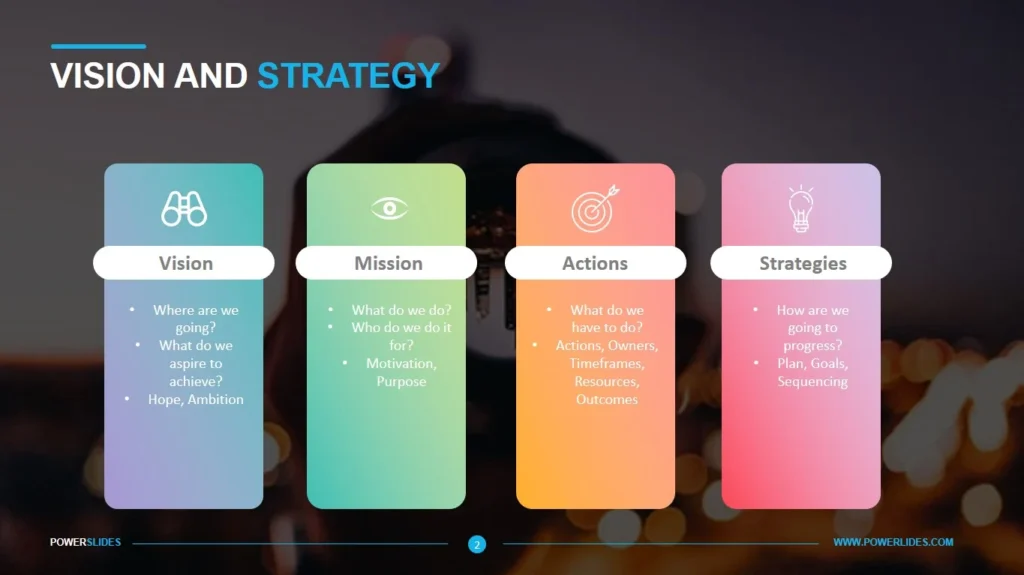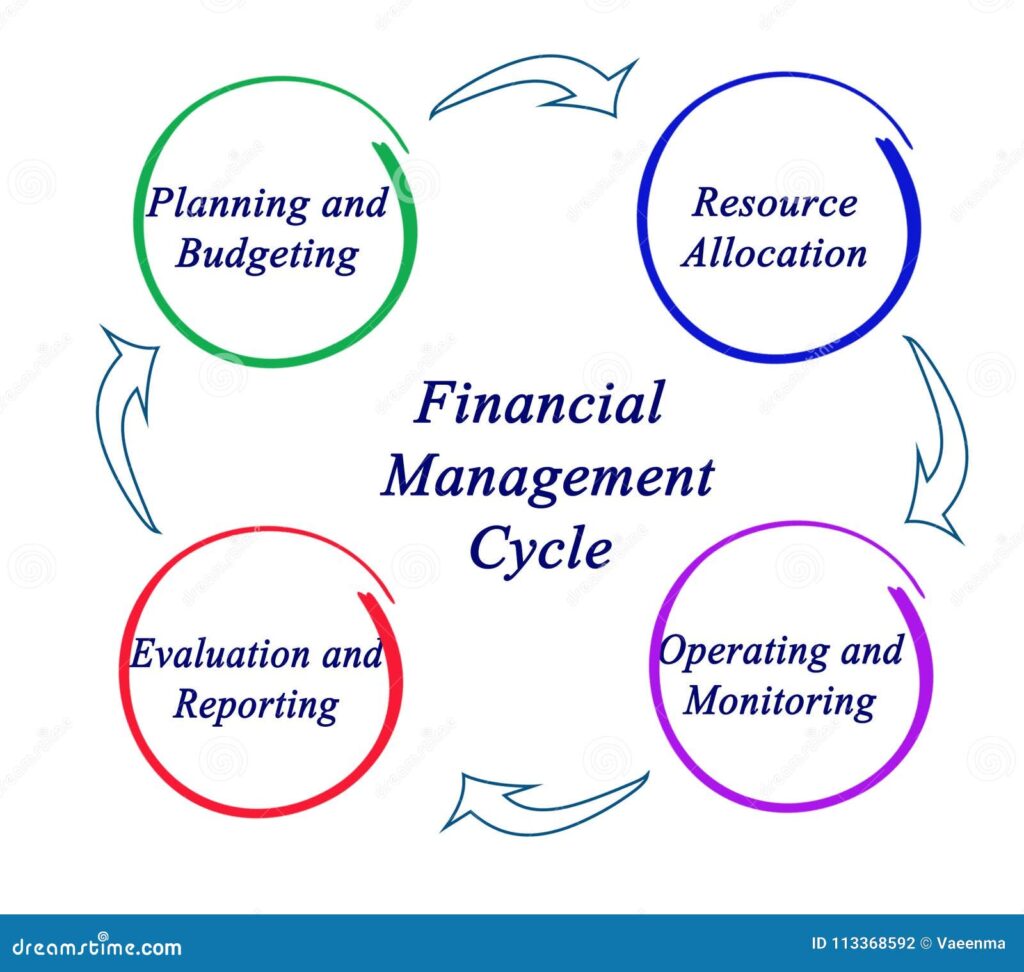Starting a business is an exhilarating journey, but the path to success is often fraught with challenges. Many startups falter due to various reasons, but understanding and focusing on crucial factors can significantly increase the likelihood of success.
Some experts lack an appropriate strategy to deal with issues while running a startup. Therefore, we are explaning some proven factors for your long term success.
Table of contents
Clear Vision and Strategy

At the core of every successful startup lies a clear vision and a well-defined strategy. A compelling vision serves as a guiding light, outlining the purpose and direction of the company. It’s not merely about having an idea; it’s about knowing where that idea will lead and how to get there. Crafting an effective strategy involves setting achievable goals, outlining actionable steps, and regularly reassessing to stay aligned with the vision.
Market Research and Validation

In the competitive business landscape, understanding the market is paramount. Thorough market research provides insights into customer needs, market trends, and potential competitors. Validating your business idea ensures that there is a demand for your product or service. This process mitigates the risk of entering a market that may not be ready for what you offer.
| Aspect | Market Research | Validation |
| Purpose | Gathers data on customer preferences, trends, and competitors. | Confirms demand and viability of the business idea. |
| Focus | Customer needs, market size, trends, and competition analysis. | Testing the product/service concept in the target market. |
| Methods | Surveys, interviews, data analysis, competitor analysis. | Prototyping, MVP testing, focus groups, pre-sales, surveys. |
| Outcomes | Insights on customer behavior, market gaps, and opportunities. | Confirmation of customer interest, demand, and potential revenue. |
| Risk Mitigation | Helps in making informed business decisions, reducing uncertainty. | Reduces the risk of market rejection and failure. |
| Timing | Conducted before product development or market entry. | Carried out during or after the development stage. |
Strong Leadership and Team

Leadership plays a pivotal role in navigating the tumultuous waters of entrepreneurship. A strong leader not only inspires but also steers the team toward the common goal. Building a cohesive team, comprised of individuals who complement each other’s skills and share the company’s vision, fosters an environment of collaboration and innovation.
Financial Management
Effective financial management is the lifeblood of any startup. It involves meticulous planning, budgeting, and allocating resources wisely. Startups often face resource constraints, making it imperative to manage finances prudently to sustain and grow the business.

Strategic Planning:
- Develop a clear financial strategy aligned with the business goals and objectives.
- Identify short-term and long-term financial needs and create plans accordingly.
Thorough Budgeting:
- Create comprehensive budgets encompassing all aspects of operations, including expenses, revenues, and capital requirements.
- Review and update budgets regularly to adapt to changing circumstances.
Resource Allocation:
- Prioritize resource allocation based on critical needs and potential returns.
- Optimize resource allocation by identifying areas where cost savings can be made without compromising quality.
Cash Flow Management:
- Monitor cash flow regularly to ensure there’s enough liquidity to cover operational expenses and investments.
- Forecast cash flow to anticipate potential shortages or surpluses and plan accordingly.
Adaptability and Innovation
The business landscape is dynamic, and successful startups embrace adaptability and innovation. Being adaptable allows for quick responses to market changes, while innovation fosters differentiation and staying ahead of competitors. Startups that continuously innovate and evolve have a higher chance of not just surviving but thriving.
Conclusion
While there is no guaranteed formula for startup success, focusing on these crucial factors significantly increases the likelihood of achieving it. A clear vision, market understanding, strong leadership, financial acumen, and adaptability pave the way for sustainable growth and resilience in the ever-evolving business world.
Readmore:
Sustainable Entrepreneurship: Balancing Profit and Purpose
Is Entrepreneur Born or Made?
What is the Most Common Trait Successful Startups Share?
FAQs
Bootstrapping, seeking investors, or exploring crowdfunding platforms are viable options to kickstart your business without substantial initial funding.
Adaptability is crucial as it allows startups to pivot, adjust strategies, and embrace market changes effectively.
While it’s possible, having a clear vision significantly increases the chances of sustainable success as it provides direction and purpose.
Market validation ensures that there is a demand for your product or service, reducing the risk of entering an unviable market.

